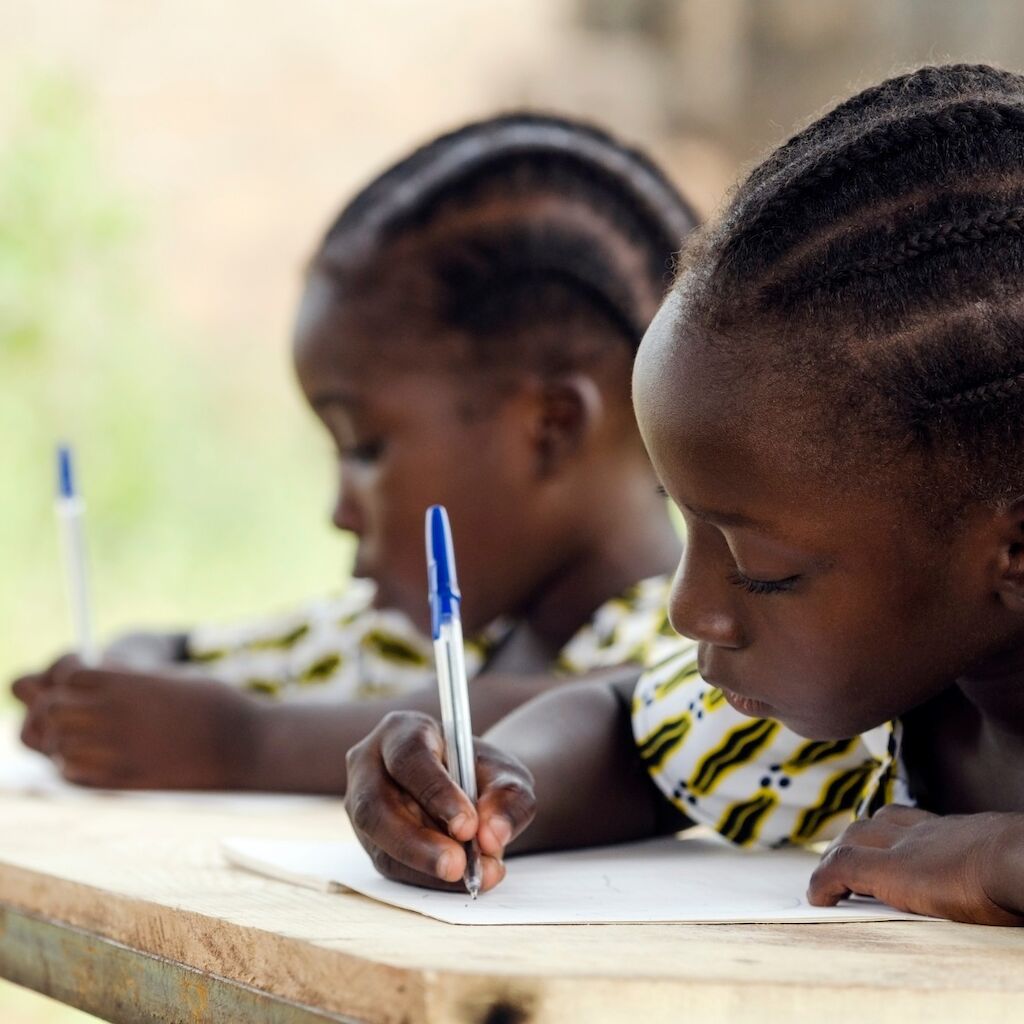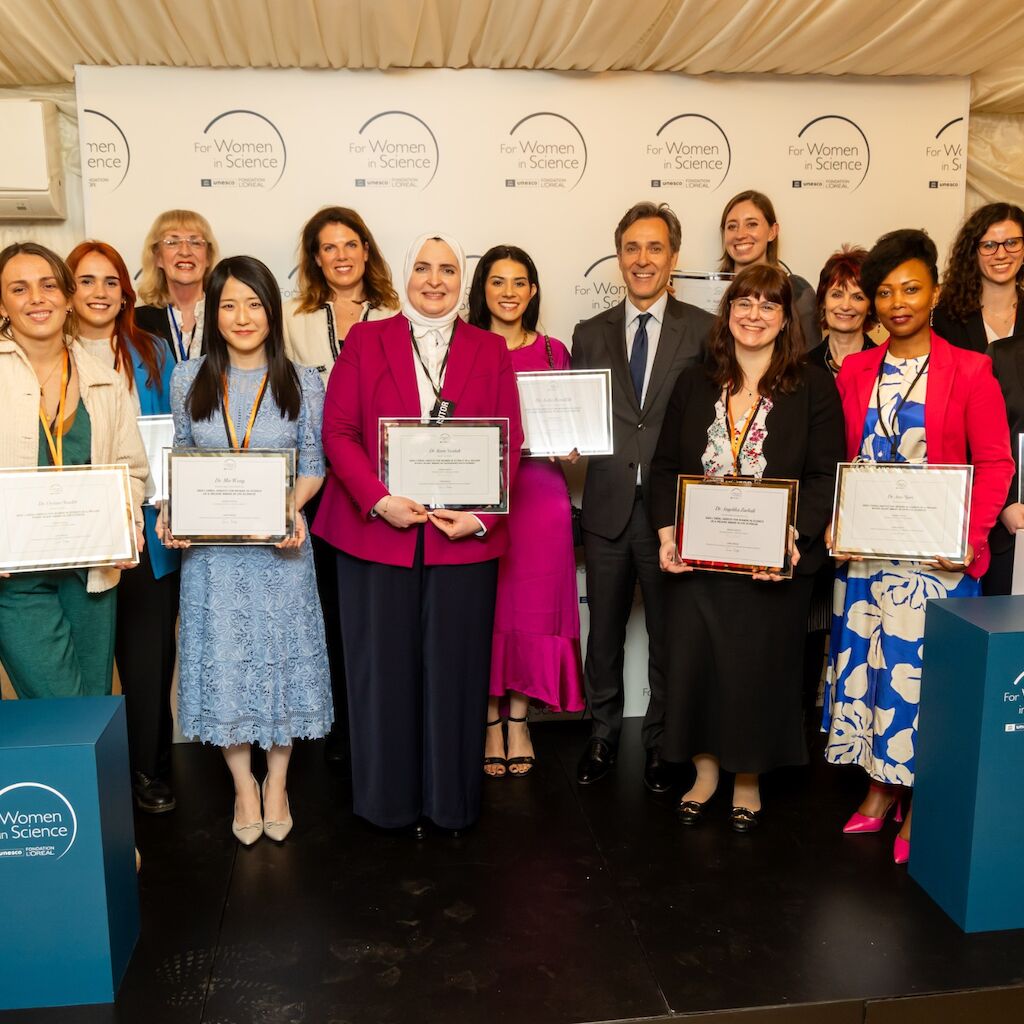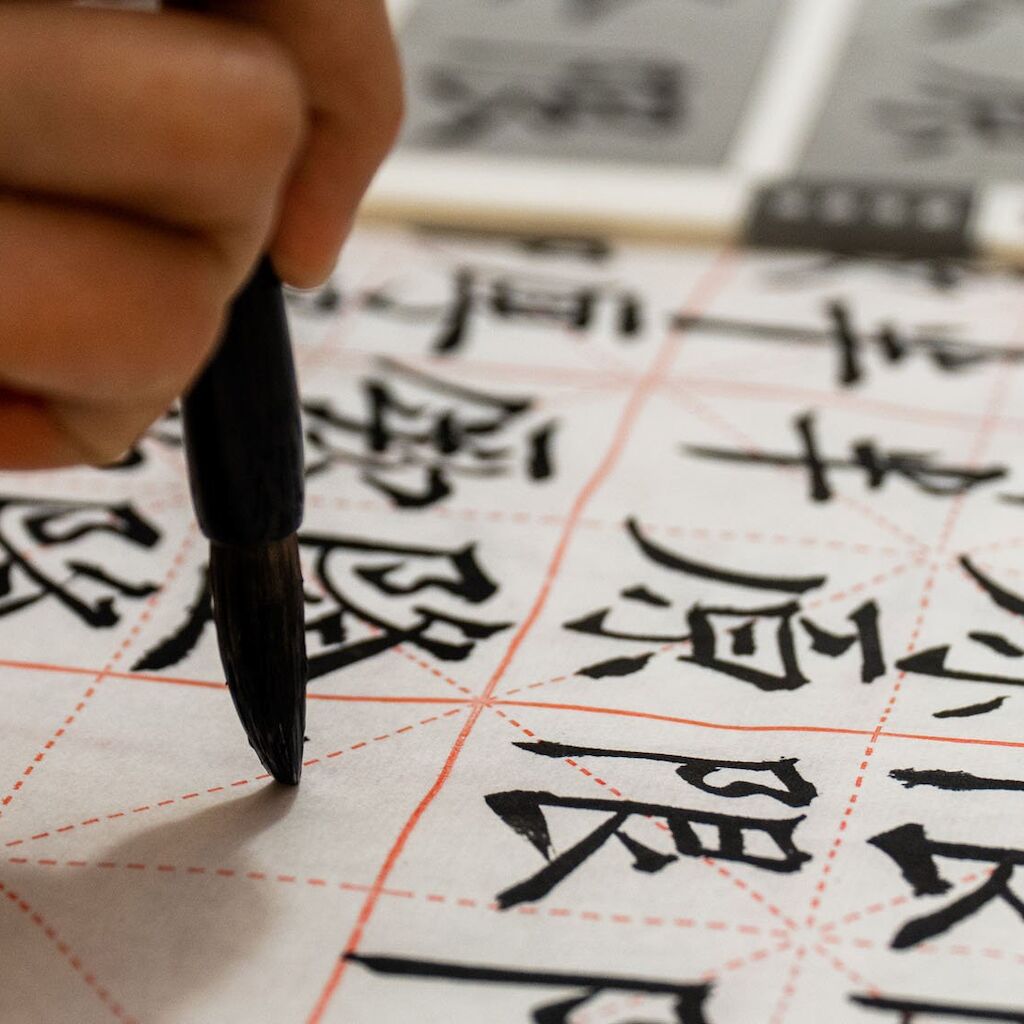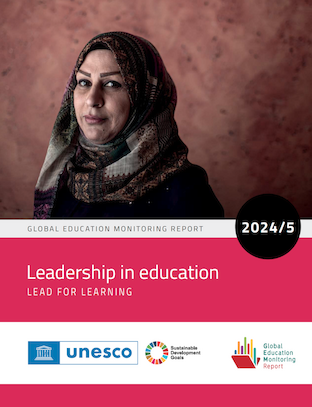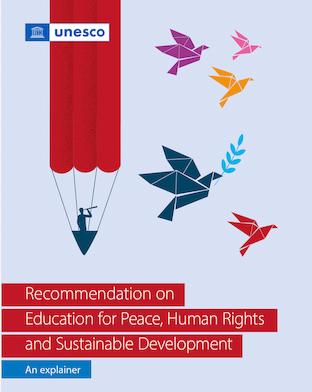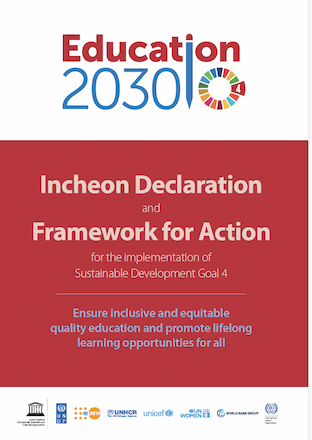As the only UN body with a mandate that covers all aspects of education, UNESCO has been entrusted with leading and monitoring worldwide action to deliver the targets in the SDG4: Quality Education for All. UNESCO has galvanised international collaboration on education through its standard setting frameworks and monitoring, and its global action plan on Education for Sustainable Development.
Our work, and that of the UNESCO in the UK network, has a significant positive impact on the government(s) commitment to fulfilling UNESCO’s action on education globally, with a key focus on gender equality, including women’s and girls’ education.


